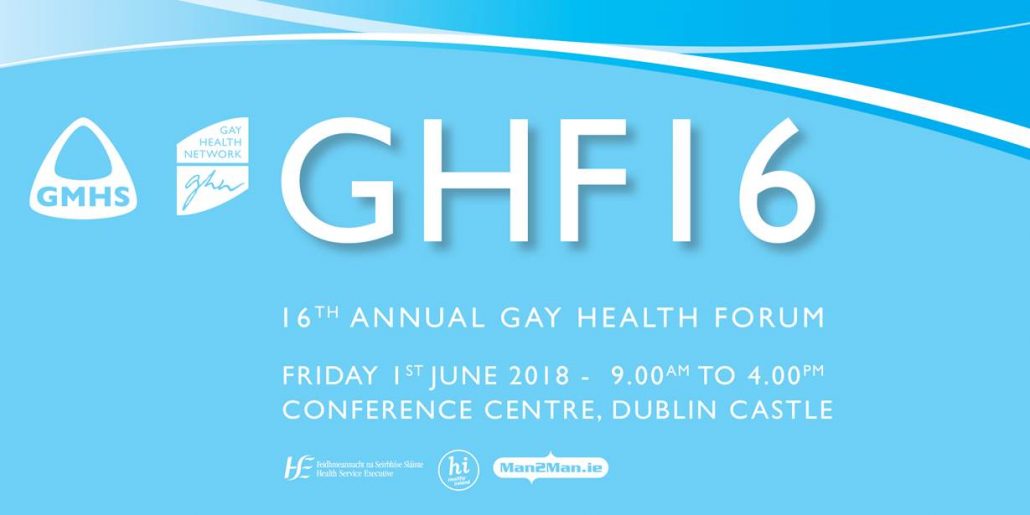Disclosing HIV status without permission should never have occurred, says lobby group
Irish Times, 4th April 2018
HIV Ireland has said Grindr’s disclosure of users’ HIV status without permission was unacceptable.
Gay dating app Grindr has defended its practices after a BuzzFeed report that it sent sensitive user data – including HIV status, location and email – to at least two third-party services.
The company said the data sharing was “standard” in the industry and that it considers its app a “public forum”.
Executive director of HIV Ireland Niall Mulligan said disclosing a person’s HIV status without their permission should never have occurred in the first place.
Grindr lets its users choose whether to specify their HIV status and the date at which they were last tested.
The data sharing angered users who felt they didn’t agree to have their data sent to companies beyond Grindr.
“Disclosing one’s HIV status is a private decision. People who share their HIV status on Grindr are making a personal choice to share information with other Grindr users only. Grindr must now win back the trust of its users by ensuring this decision to cease disclosing their users’ HIV status to third parties holds fast,” said Mr Mulligan.
Grindr said if users did not want their data being shared with these companies, they should not have volunteered it.
Grindr chief technology officer Scott Chen said Grindr did not and would not sell that data to third parties or advertisers, but does “work with” vendors to improve the app, which involves sharing data.
“It’s important to remember that Grindr is a public forum,” Chen said in the statement. “You should carefully consider what information to include in your profile.”
HIV Ireland called on all social media outlets to ensure their users are fully aware of the potential use of all data they are providing in order for them to make an informed choice as to what personal information to share or not.
“This is crucial given the stigma that attaches for people living with HIV in Ireland, and the potential risks to their employment and personal life that continue to be a serious problem in our society,” it said.
This article was first published online by The Irish Times on 4th April 2018 at this link.

